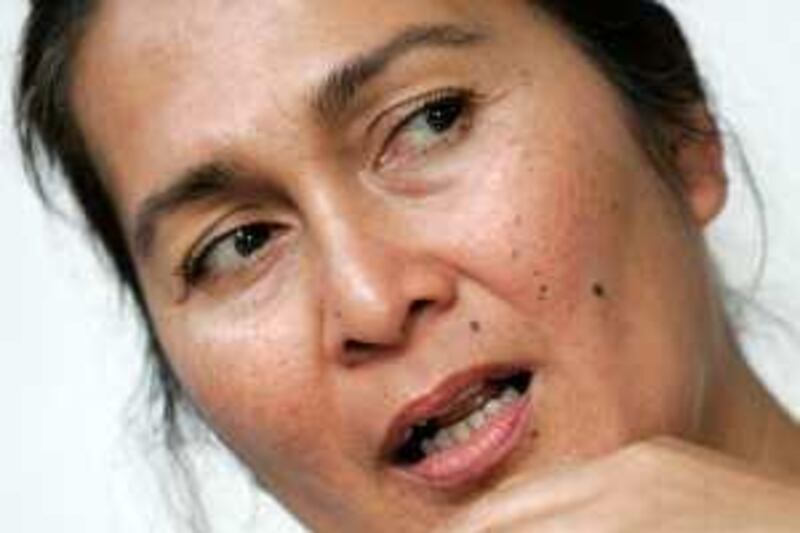Yasmin Ahmad, a director at the forefront of the independent film industry in her native Malaysia, was perhaps best known as the creator of a series of award-winning advertisements for Petronas, the national oil and gas company. The handful of feature films that she made before her sudden death aged 51, following a stroke, addressed key issues underlying Malaysian society - ethnic differences, interracial relationships and religious tolerance - and were screened at festivals from Cannes to Hong Kong.
Her latest, and last, Mukhsin, received the Glass Bear at the 2007 Berlin Film Festival. After graduating with a BA in psychology from Newcastle University in England, Ahmad joined Ogilvy & Mather as a copywriter. It was the act, she said, of "a clueless girl with a dislocated personality stumbling into a haven for failed novelists and talentless playwrights". At the time of her death, she was executive creative director at Leo Burnett Kuala Lumpur.
Her feature films may have gained international recognition, but in Malaysia the government frequently criticised Ahmad for exploring subjects deemed culturally sensitive. Her 2003 debut, Rabun (Blurred Vision), following an elderly couple as they moved from the city to a village to seek a quieter life, did not cause much of a stir. Its successor, the largely self-funded Sepet (Slit Eyes) released in 2004 was less innocuous. A romantic comedy, it told the story of a teenage Malay girl who falls in love with a Chinese video pirate. Though the film introduced Ahmad to a wide audience, its inclusion of scenes depicting women regarded as improperly dressed brought harsh criticism and the threat of censorship.
The later Gubra (Anxiety) told of love, loss, compassion and forgiveness. Again, the film met with strong opposition for its portrayal of the friendship between two prostitutes and a religious man and his wife. Ahmad's critics were silenced when it won two awards, for Best Screenplay and Best Film, at the 2006 Malaysian Film Festival. By her own confession, Ahmad was unashamedly sentimental, a trait she shared with her cinematic hero Charlie Chaplin whom she so admired for his juxtaposition of comedic and tragic elements, as seen to great effect in City Lights. In her own work, she said, she too strived to remind her audience what it was to be human.
Yasmin Ahmad was born on July 1, 1958. She died on July 25. She is survived by her husband, Abdullah Tan Yew Leong. * The National






